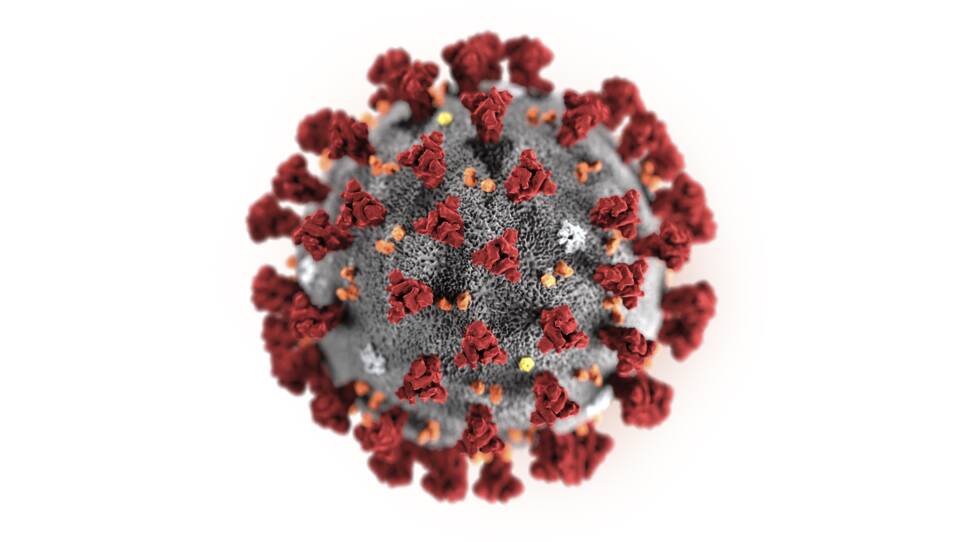On the very first day of Chinese New Year, I joined a large group of friends and friends of friends for a big feast in celebration of the lunar holiday. Somehow, we were able to scarf down the huge meal of new and old favorites despite stuffing ourselves before with enough pot stickers and shumai for double the size of our crowd. It was supposed to be the kickoff of the annual cultural event which each year attracts throngs of tourists and local residents — especially families — to Boston’s Chinatown.
Instead, Boston’s Chinatown and Chinatown communities across the country have been struggling. COVID-19, the novel strain of the coronavirus that originated in Wuhan, China, and quickly spread throughout that country is linked to more than two thousand Chinese deaths so far. Globally, more than 76 thousand are infected with the most vulnerable being the elderly and sick. But as others around the world succumb to the disease, fear and ignorance has stoked virulent anti-Asian bias with Chinese Americans bearing the brunt of it. I shouldn’t have been surprised that unfounded uneasiness would lead customers to stay away from Chinese restaurants in Greater Boston. So many, that some restaurant owners have lost 50 percent of their business.
Boston City Councilor Michelle Wu recently convened a gathering for Dim Sum brunch at the venerable China Pearl restaurant to show support. Wu used the occasion to emphasize that the risk of contracting COVID-19 is no greater in Chinatown than anywhere else. She addressed the impact of those who stay away saying, “What feels like personal caution then turns into misinformation and discrimination.”
Discrimination begets more discrimination. I’ve seen that only diseases that originate in certain countries inflame racism and xenophobia. I saw it when the SARS virus stirred hysteria about a possible pandemic and anti-Asian bias. I was alarmed at the finger pointing turned African bias when Ebola spread and at the well documented anti-gay and anti-Haitian bias during the early days of the HIV virus. But Environmental Studies Professor Roger Kell at York University points out that the fears about mad cow disease which originated in the UK — a European country — did not result in biased attacks aimed at the residents of Great Britain.
But Asian Americans in Massachusetts are vulnerable, more so after the state reported one case of the virus. But the man who fell ill after returning from Wuhan, China — is now recovering. Meanwhile, the taunts and slurs aimed at Chinese Americans across the country continue. The shouts of “Go back to China” and “stop spreading the virus.” My stomach turned when I heard about the California middle school boy police confirmed was bullied and threatened only because he was Asian. "Washington Post" reporter John Pomfret wrote about another middle school close to his home where a rumor circulated “that all the Asian kids have the virus and should be quarantined.”
And I’m still open mouthed by the harm created by The Health Services Center at Berkeley’s University of California. The Health Center posted a statement to students and faculty saying it was “normal” and “common” to have xenophobic reactions because of the coronavirus outbreak. In the ensuing outrage, Berkeley Health Services first deleted the post, and then quickly apologized for characterizing bigotry as normal.
Really? The one school department which should be offering fact-based information is instead distributing racist misinformation.
COVID-19 may get worse before scientists can figure it all out and design a health protocol to slow or stop it. That’s a lot of time to ratchet up more anti-Asian bias. I know firsthand how easily ad hominem attacks can quickly turn to mob behavior. A reminder — the threat is the disease not the people who are victims, or even worse, the people who simply look like the victims.





